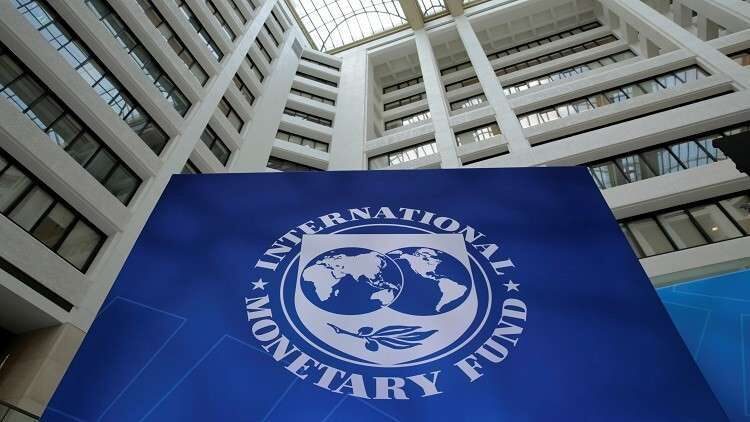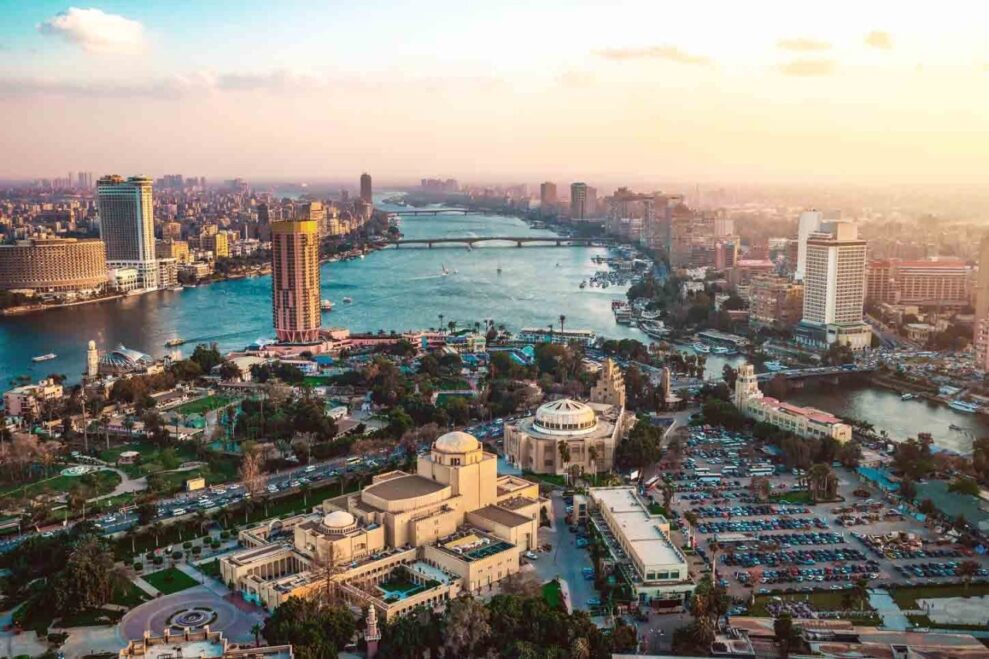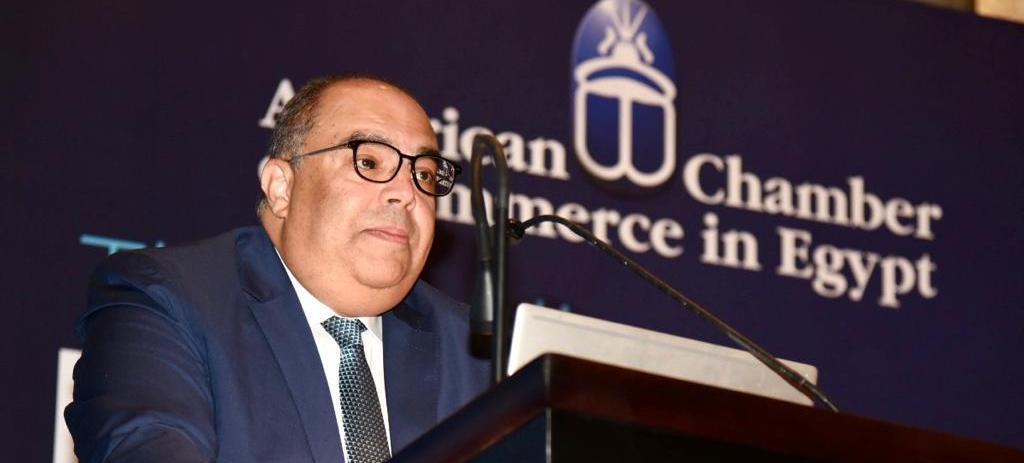It is official. The IMF has approved Egypt’s request for a $3 billion Extended Fund Facility (EEF). This amount means Egypt has now taken 115.4% of its quota, making future financing requests markedly harder to secure.
That amount also means that Egypt’s foreign-currency-denominated debt levels have reached unprecedented highs (32.6% of GDP in the third quarter of 2022). That adds pressure on the government to find ways to increase FDI, long-term portfolio investments, and exports significantly. They must also trim costs, reduce imports by encouraging more local companies to produce alternatives to those goods, and reduce consumption to pay back those liabilities.
What got us here?
The IMF summed up its assessment of Egypt in a statement, announcing the approval of the EFF. Kristalina Georgieva, managing director, and chairperson said internal factors, policy decisions, and geopolitical disruptions contributed to Egypt’s current state of affairs.
Domestically, government decisions helped “Egypt show resilience to the COVID-19 crisis, supported by previous Fund-supported programs,” the statement said. Yet the IMF noted that the government’s policies and decisions weren’t sound during that time. “While economic recovery gained momentum in 2021, imbalances also started building amidst a stable exchange rate, high public debt, and delayed structural reforms.”
International disruptions caused by the Ukraine-Russia conflict exacerbated the fallout from the less-than-perfect policies since 2016 when Egypt received $12 billion from the IMF, promising reforms.
“Russia’s war in Ukraine crystallized these pre-existing vulnerabilities, triggering capital outflows, and, in the context of a still-stabilized exchange rate, reduced the central bank’s foreign reserves and banks’ net foreign assets and widened the exchange rate misalignment.”

The EFF
The IMF’s executive board said it would give Egypt “about $347 million” immediately to “help meet the balance of payments need and provide support to the budget,” the statement added. The IMF will disburse the rest of the amount over 46 months.
The fund said that they “requested access under the Resilience and Sustainability Facility (RSF), which could provide up to an additional [$1.27 billion] to support climate-related policy goals.” Those discussions will likely “take place in the context of future EFF reviews.”
The IMF noted that its approval should “catalyze additional finance of about $14 billion from Egypt’s international and regional partners, including new financing from GCC countries and other partners through the ongoing divestment of state-owned assets as well as traditional forms of financing from multilateral and bilateral creditors.”
However, it stressed those additional inflows should implement reforms. “The EFF arrangement envisages the implementation of a comprehensive policy package to preserve macroeconomic stability, restore buffers, and pave the way for sustainable, inclusive, and private-sector-led growth.” The fund said that would entail:
-A permanent shift to a flexible exchange rate regime to increase resilience against external shocks and to rebuild external buffers.
-Monetary policy aimed at gradually reducing inflation in line with the central bank’s targets together with strengthening policy transmission, including by transitioning away from subsidizing lending schemes.
-Fiscal consolidation and debt management to ensure a downward trajectory in public debt-to-GDP. Egypt must also contain gross financing needs while increasing social spending, strengthening the social safety net to protect the vulnerable, and managing national investment projects consistent with external sustainability and economic stability.
-Wide-ranging structural reforms to reduce the state footprint, level the playing field across all economic agents, facilitate private-sector-led growth, and strengthen governance and transparency in the public sector.
What next?
“Given the heightened uncertainty and risks to the global economic outlook, the authorities’ commitment to stay the course on exchange rate flexibility, prudent macroeconomic policies, and structural reforms, is critical,” the statement said.
Tackling each point requires forceful political will and commitment to change the government’s underlying strategy since 2016.
First, is the “exchange rate flexibility.” The FX rate settled under EGP 16 to the dollar in 2017 until 2022, attracting portfolio investors due to the exchange rate’s stability and comparably higher-than-usual interest rates. CBE’s then-governor, Tarek Amer, had the right idea to boost foreign currency inflows quickly. But it was never sustainable in the long term if the government couldn’t strengthen and increase its own foreign currency inflow channels (increase FDI and exports and reduce imports).
The second point is “prudent macroeconomic policies” which means that the government needs to change how it manages Egypt’s economy since the 2016 IMF loan and float. Not easy when the state is involved in several long-term national projects, including building a new administrative capital, a seaside metropolis (New Alamein), and extensions to every governorate in the country.
The third point the IMF mentioned was “structural reforms” which means that the ones enacted since late 2016 weren’t enough or not as effective to move Egypt’s economy forward. According to the EU’s definition: “Structural reforms are essential measures that change the fabric of an economy, the institutional and regulatory framework in which businesses and people operate. They are designed to ensure the economy is fit and better able to realize its growth potential in a balanced way.”
The IMF’s publicized view is cautious optimism. They noted, “There [is] strong ownership and track record under previous fund-supported programs.” However, they stressed that “political support for the policy package is an important risk-mitigating factor to achieving the objectives of the fund-supported program.”
Egypt’s next step would likely come during the week starting Dec. 18 and ending Dec. 22.
The last time the CBE reacted to the IMF’s demands was in 2016. It allowed the pound to lose significant chunks of its value, overnight interest rates increased, and state-owned banks offered incredibly high one to three-year time deposits to suck liquidity from the market. Official inflation figures and on-the-ground prices rose nearly 30% in 2017.
Could that happen again this time around?






